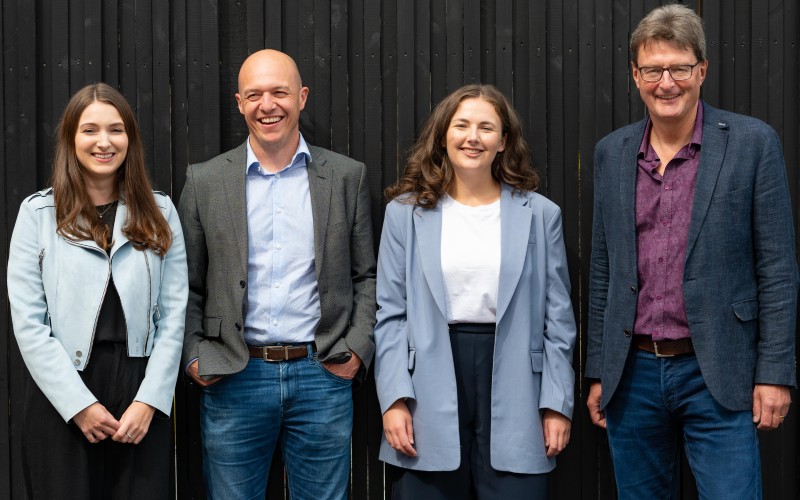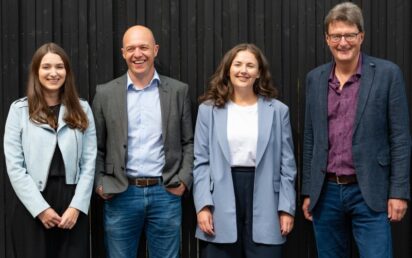DSW Ventures has announced the initial close of its debut Seed Enterprise Investment Scheme (SEIS) fund at £2 million.
The venture capital business of the Dow Schofield Watts group will invest the money in early-stage technology businesses and university spinouts outside the London-Oxbridge ‘golden triangle’.
DSW Ventures aims to invest the entire £2m in the current tax year, and hopes the initial fund will become the first of a series launched in each new tax year. Dow Schofield Watts’ partners and associates have contributed £295,000 to the total raised.
The fund will remain open for additional investors until the completion of its first investment, which is anticipated to close in June.
Established in 2019 and headquartered in Manchester, DSW Ventures has invested in 11 businesses, facilitating £12.5m in venture capital. The firm achieved its first exit in December with the sale of ACAI Outdoorwear, generating a 4.2x cash return for investors.
DSW Ventures’ strong presence in the national early-stage venture capital market now attracts over 2,500 new applicants annually.
“We intend for our inaugural fund to contribute to the levelling up of funding for early-stage regional businesses, while giving investors the opportunity to tap into an underrepresented asset class and benefit from the attractive Seed EIS tax incentives,” said Keith Benson, co-founder of DSW Ventures.
“While the market for new funds is challenging, we are particularly pleased to have closed the fundraising at the top of our range.
“This demonstrates the confidence in our track record, our hands-on approach to managing investments, and the personal commitment from the DSW team, who have contributed significantly to the total funding.”
The launch of the new fund follows changes to the tax rules which came into force in April 2023 and increase the amount that companies can receive in SEIS funding from £150,000 to £250,000 and enable firms up to three years old to qualify, instead of two years.

